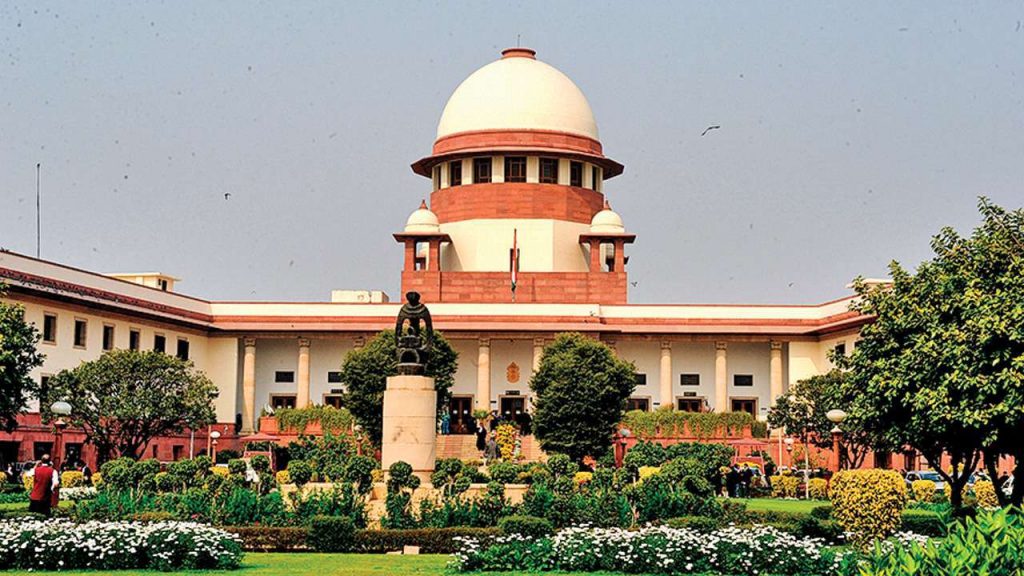New Delhi: The Supreme Court Thursday expunged observations made by Delhi High Court in an order, where it allowed a company to make a representation to Prime Minister Narendra Modi citing wrongful evaluation of the bids and the discrimination against Indian companies, against the backdrop of Centre’s Make in India policy.
A bench of Justices M.R. Shah and B.V. Nagarathna said: “We are of the opinion that the observations made by the High Court, reproduced hereinabove, were absolutely unwarranted. The High Court was not deciding a Public Interest Litigation. The High Court did not even decide the writ petition on merits.”
It said the high courts should refrain from making sweeping observations which are beyond the contours of the controversy, or issues before them.
The bench, in a four-page judgment, emphasised that such general observations should have been avoided by the high court and the court ought to have restricted itself to the controversy between the parties before it.
Setting aside the observation made in order passed on January 19, 2021, the top court said: “Even otherwise, on the basis of a solitary case, general observations could not have been made by the High Court that the Indian bidders are being discriminated against. We advise the High Courts not to make general observations which are not warranted in the case.”
The Centre had moved the top court against these observations. Additional Solicitor General Balbir Singh represented the Centre in the top court.
The objectionable observations were made by the high court, while hearing a plea of company Bharat Fritz Werner Ltd challenging the bidding process.
The high court said: “We also permit the petitioner to make a representation addressed to the Hon’ble Prime Minister of India highlighting the aspects with regard to wrongful evaluation of the bids and discrimination meted out to some of the bidders. In case such a representation is made, we request the PMO to ensure that the same receives the attention of the Hon’ble Prime Minister of India.
“We are inclined to grant this liberty to the petitioner in the light of the fact that the petitioner is an Indian manufacturer and we had earlier found merit in the claim of the petitioner in Macpower CNC Machines Ltd v. Union of India that Indian bidders are being discriminated against, even though the tender conditions itself stipulated that Indian manufacturers would be given preference. Keeping in view the fact that the Government of India is laying emphasis on “Make in India” (AtmaNirbharta), the grievances of the petitioner appear to be correct and, in our view, require serious consideration at the highest level.”
IANS
